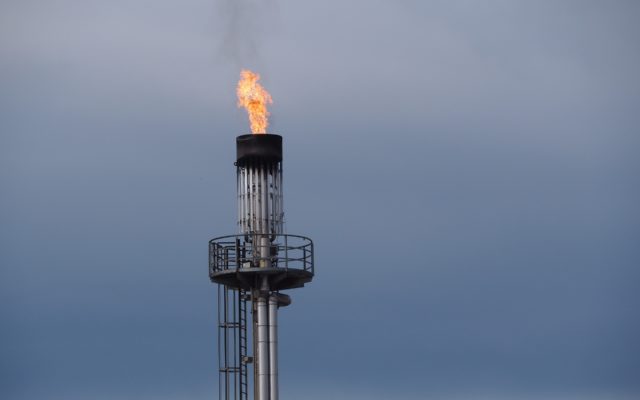Although innovative technologies such as artificial intelligence and machine learning are transformative across many industries, there is a handful that seems, at least initially, like they wouldn’t be able to benefit from them. One would be the oil and gas industry, known in many ways for its negative environmental impact. Furthermore, how could AI and machine learning — largely digital technologies — aid in such a conventional, age-old industry?
And yet, many involved organizations are turning to such technologies. They are looking for solutions to help with growing consumption and demand, energy production and environmental impact. More specifically, they must chart a future course to come up with better questions — and answers — about how they should operate. The world is changing around them, as are customer expectations and demand.
Over just the next 20 years, we can expect global energy demand to increase by at least 30 per cent. That puts tremendous weight on the shoulders of oil and gas companies, which must be prepared to deal with rising consumption levels and yet balance them appropriately against environmental impact, supply and industry trends.
AI and the Fossil Fuel Sector
When most people imagine AI systems, they think back to sci-fi movies, autonomous robots and self-aware androids. We may very well have such advanced tech someday, but that’s still a far-off future.
Modern AI is nothing more than a simulation or piece of cognitive software. Such platforms power intelligent robots and machinery — not nearly as advanced as the ones you’d see in a sci-fi movie — virtual assistants, chatbots, communication tools and analytics systems. All these technologies, believe it or not, can find a home in the oil and gas industry in some way.
AI and machine learning, paired with big data solutions, can automate the scanning of massive troves of information as a means to extract actionable intel. It immediately generates new channels or avenues of information. Suddenly, you can understand industry trends, customer habits and experiences, and compare it all with predictive elements. Companies can incorporate it into their decision-making processes, not only to enact more informed movements but to prepare for future market and competitive trends, too. It is nothing new, and fits under the definition of business intelligence or modern analytics.
It can also apply in other, more exciting ways. Back in 2015, for example, Shell announced they would be employing an AI assistant for customer interactions. They designed AI avatars called Emma and Ethan to interact with customers through an online chat platform on Shell’s website, helping consumers conduct more efficient searches for lubricants and related products. Before Shell’s virtual assistant technology, customers would have to search laboriously through massive databases with limited info, just to find a specific product they were looking for. Now the assistant can do it for them, via natural language commands.
Alternatively, Sinopec teased the idea of employing AI in “smart” plants to reduce operating costs. They’re also working with Chinese telecom provider Huawei to build a “smart” manufacturing platform for the development industry.
Beyond that, Gazprom and Yandex have struck a partnership to implement AI and machine learning projects in the oil and gas industry, as well. They plan to use the tech to further their operations by analyzing potential initiatives and perhaps even predicting future performance.
What It Means for the Future of the Industry
As you might expect, organizations and leaders within the oil and gas industry have either already deployed AI or are planning to use it in a variety of ways to improve efficiencies and environmental impact. From reducing carbon footprint and consumption to deep-sea exploration — in the case of ExxonMobil— it’s clear the technology is certainly more useful than one might expect — transformative, even.
Business intelligence is another area where AI and machine learning really shine, something many of these organizations are likely using, as well.
Ultimately, the tech will work to improve not just working conditions and industry performance, but its greater impact on the world at large. Reducing carbon footprint and eliminating environmental damage is a significant concern for many of these organizations, especially in a world of growing green sentiment. Also, it will effectively transform the way businesses work — including oil and gas companies — by providing deeper insights and more actionable data for future movements.
One thing is certain: AI and machine learning platforms are here to stay, and they’re only going to get smarter, more accurate and more cost-effective over time.
Article by channel:
Everything you need to know about Digital Transformation
The best articles, news and events direct to your inbox
Read more articles tagged: AI, Featured, Machine Learning







